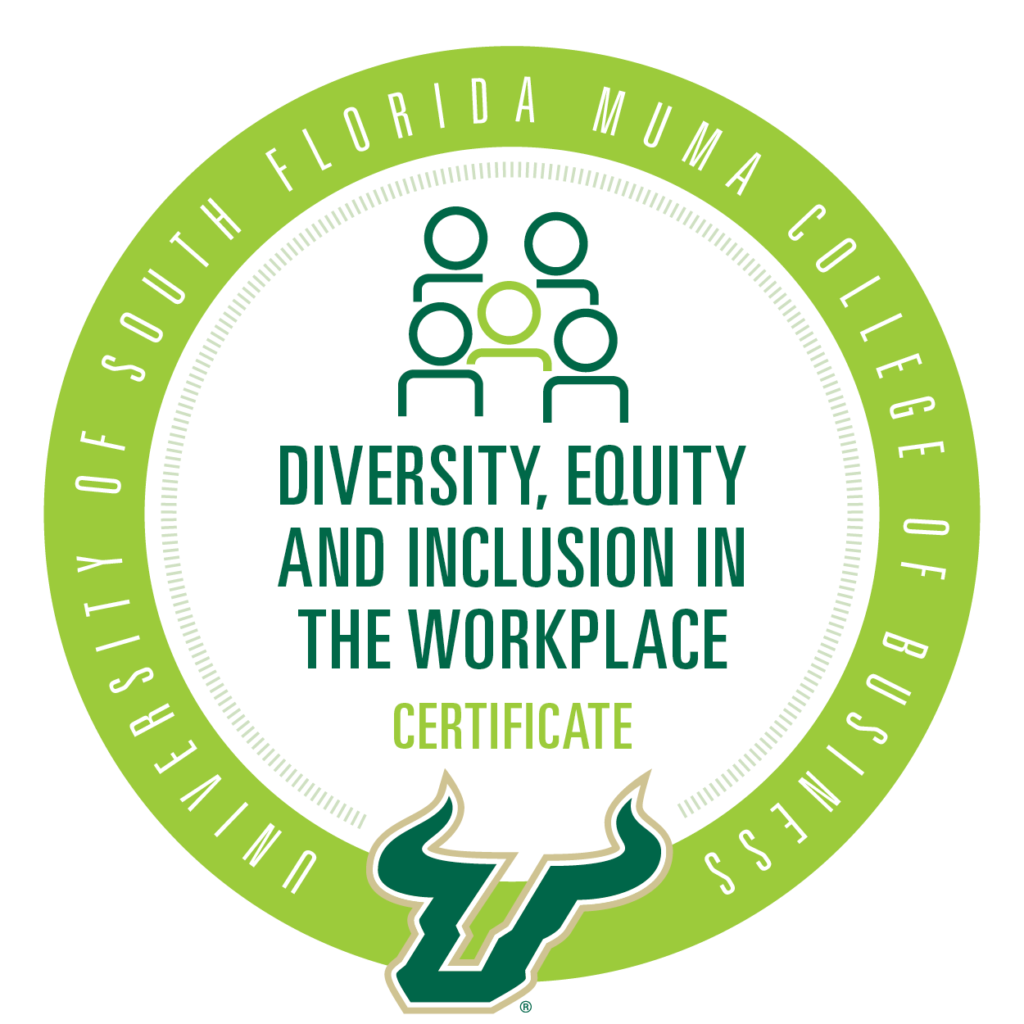Picture it: it’s summer and your child just graduated, but employment is non-existent. What do you do now that your graduate is home, living in their old bedroom, depressed, with no friends, no job, and having a hard time transitioning to real life?
Ultimately, motivation is up to the individual to make the best decision for their circumstances. That said, sometimes they need a push, or perhaps a shove, in the right direction. So again, as their parent – what do you do?
Let’s back up a bit and ask ourselves some questions:
1. What the h*ll has my child been doing for the last 4 years?
2. What are “Career Services” at my kid’s school and what can they do to help now?
3. As parents, what can we do to get our grown child out the door and into the “real world?”
If you’ve already asked yourself these questions and discussed them with your child, now is the time to stop asking and start doing! Have your young adult set some goals like they would do when they were in college.
First, they need to be more invested in their job search more than anyone else, as they are the ones who need to complete it. Some things to consider: while the economy isn’t conducive to hiring a lot of “Decision Science” majors, every business needs people who can think critically, lead, make snap decision, think outside the box, research, and problem-solve in a variety of disciplines.
Equipped with a degree but short on experience, how can your child make the first steps towards starting their career? Simply put, they have to demonstrate they have the ability to succeed in the workplace. Often, that means having flexibility beyond what’s printed on their resume.
On the topic of resumes, has your young adult kept theirs up to date? Can they write a cover letter? What are their expectations when it comes to the job application/interview process? Are these expectations realistic?
Furthermore, what is their social media presence? These days, more employers than ever perform cursory searches of job applicants. If your child’s social media presence showcases unsavory activities or inappropriate language, it might be time for them to perform a deep scrub of their social media profiles. Winning job candidate social media profiles focus on interacting positively with the world, not partying or badmouthing people or doing anything to cause embarrassment later. The key is to constantly think of employability and how one’s social media presence either plays into or against it.
Finding a job is one of the most stressful things facing your child, and to them, it can feel like climbing a mountain. As someone who both prepares young people for interviews, as well as performs career interviews, I’ve observed an unfortunate pattern of entitlement from recent graduates. Many of them leave school with the impression that they will receive great job offers immediately. The harsh reality is that the workforce is more competitive and sharper-edged than ever. Many young people begin their careers with a series of internships – sometimes paid but mostly not – and if they are lucky, they can eventually find full-time work with a small starting salary and some benefits. It’s a tough process, but the best way to get through it is with resilience and optimism.
The transition from full-time student to full-time working adult is tough. The realities of life as working adults can be crushing to some, especially if the first stages of their career are vastly different than what they imagined. That’s why it is important to establish realistic goals and expectations early on. While we all would love to be 23, earning a six-figure salary, with great benefits, paid vacations, and lots of free time, life rarely provides that for us. The most any of us can do is work hard now, prove our worth as employable adults, and navigate ourselves toward a brighter future.
Scott S. Garbini








